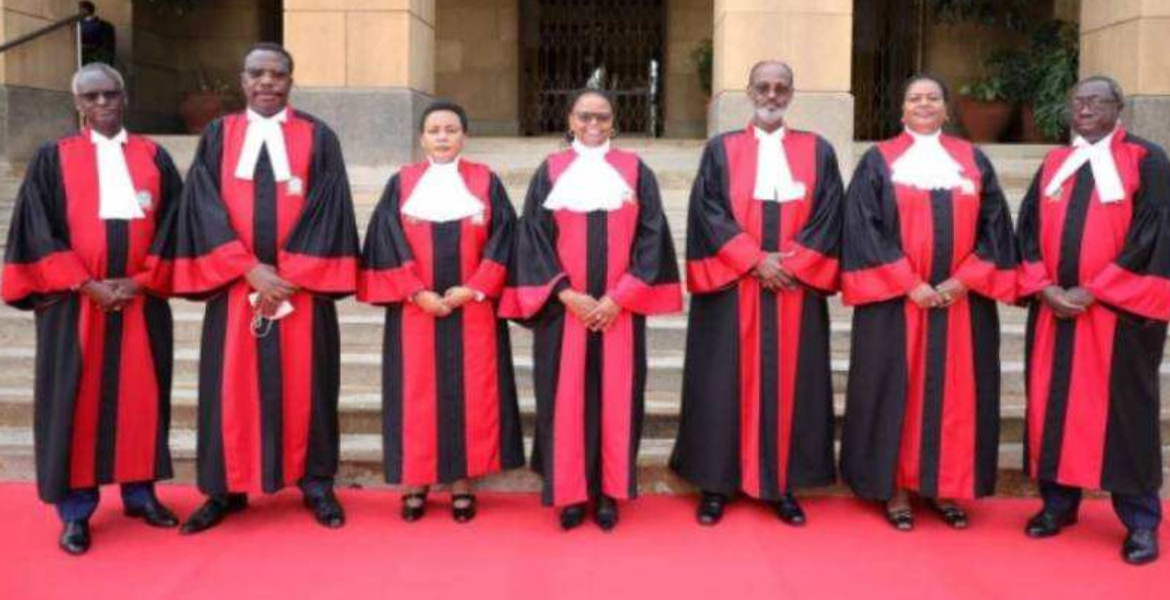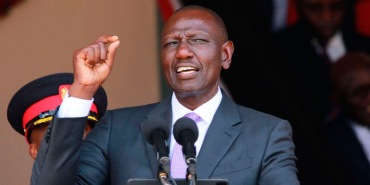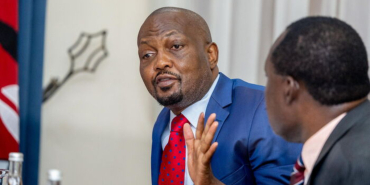Chief Justice Koome and Five Others Cleared as JSC Rejects Misconduct Claims

The independence of Kenya’s judiciary has received a major boost after the Judicial Service Commission (JSC) dismissed a series of petitions seeking the removal of six senior judges, including Chief Justice Martha Koome.
The decision has been welcomed by legal analysts as a strong statement in defence of judicial autonomy and a rejection of efforts to undermine the judiciary through unsubstantiated claims. The petitions, brought forward by various individuals, including former Law Society of Kenya President Nelson Havi and businessman Edwin Dande targeted Chief Justice Koome, Supreme Court Judge Isaac Lenaola, Court of Appeal Judges Asike Makhandia and Kathurima M’Inoti, and High Court Judge Alfred Mabeya.
The allegations ranged from accusations of bias and misconduct to conflict of interest. However, legal experts argued that many of the complaints appeared to challenge judicial decisions rather than raise genuine ethical concerns. In the petition against Chief Justice Koome, Havi claimed she acted improperly by appointing a bench to hear a case in which she and other Supreme Court judges were involved, alleging a conflict of interest.
However, the JSC has ruled that her actions were constitutionally required under Article 165(4) of the Constitution, describing them as a "constitutional necessity." Claims that the Chief Justice had shown favouritism towards judges appointed during her leadership are also dismissed, with the JSC emphasising that judicial appointments are made collectively and cannot be interpreted as acts of personal loyalty.
A separate petition against Justice Lenaola, filed by Victoria Naishorua, was linked to his role as executor of the late John Keen’s estate. The JSC has declined to consider the matter, citing the sub judice rule, as the issue is currently before the High Court in a succession case. The Commission stresses the importance of avoiding interference in active legal proceedings, reaffirming its commitment to judicial non-intervention in matters still under court consideration.
Judge Mabeya faced two complaints, one related to a land dispute and the other to insolvency proceedings. While one of the petitions initially appeared to meet the threshold for investigation, the JSC notes that the case had already been conclusively addressed by the Court of Appeal, placing it outside the Commission’s mandate. The second petition has also been dismissed on grounds that the judge acted within his lawful discretion, with no evidence of wrongdoing presented.
These rulings come amid heightened public interest in the accountability and integrity of Kenya’s judiciary. By dismissing the petitions, the JSC reaffirmed its stance that judicial independence must be protected and that disciplinary procedures should not be used to challenge judges over their rulings—unless there is clear, credible evidence of misconduct.
Winfridah Mokaya, Secretary to the Commission, reinforced this position, saying: "Judicial discretion, once exercised, cannot be grounds for removal unless there is clear evidence of misconduct."








Add new comment